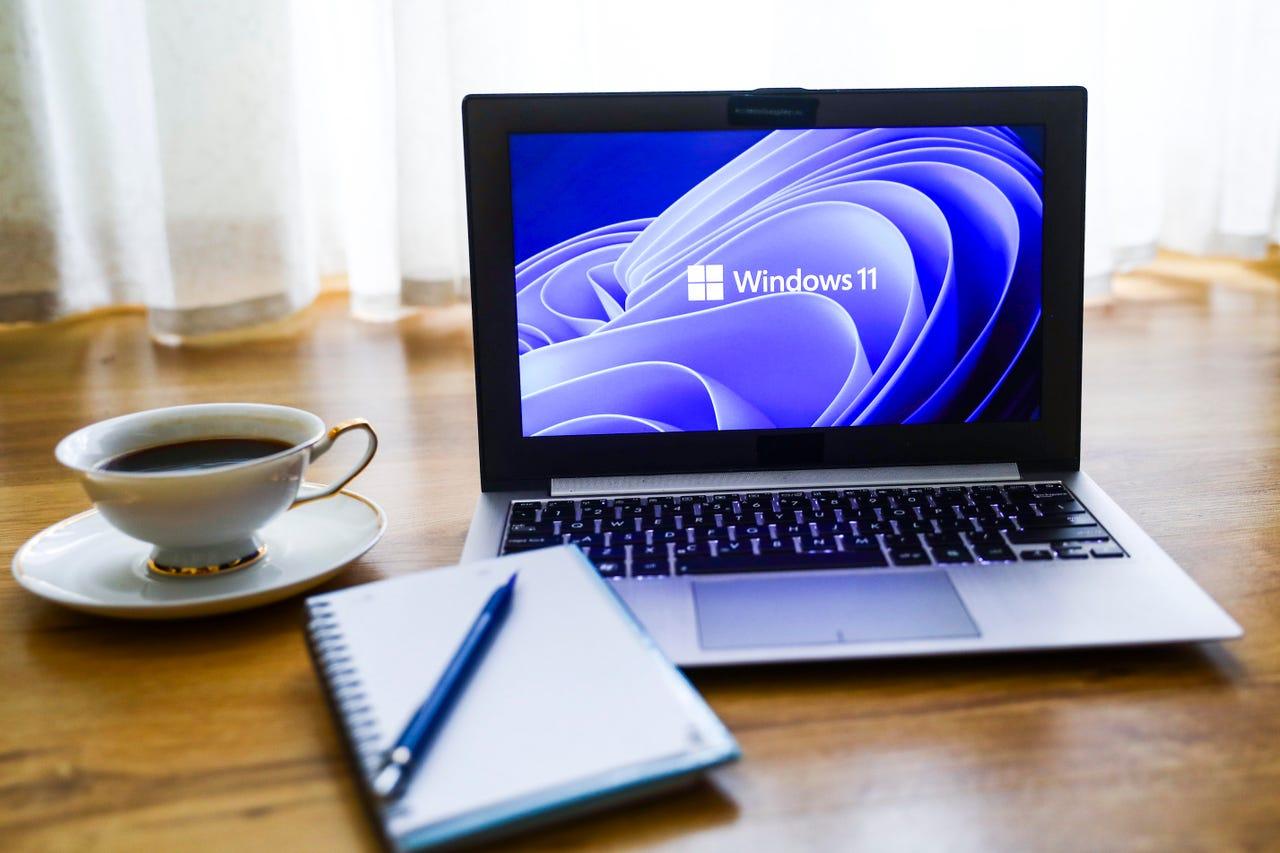Microsoft's stance on Windows 11 hardware requirements continues to spark debate in the tech community. While the company touts enhanced security features as the primary reason for strict compatibility checks, many users are left wondering about the fate of their older devices.
Security vs. Accessibility
Microsoft recently published a blog post highlighting the security benefits of Windows 11's hardware-backed features. David Weston, Microsoft's vice president of Enterprise and OS Security, emphasized the importance of TPM 2.0 (Trusted Platform Module) in creating a chip-to-cloud Zero Trust environment. This hardware-based approach aims to provide stronger protection against malware, ransomware, and sophisticated attacks.
However, these requirements present a significant hurdle for many users:
- An estimated 70% of Windows users have yet to upgrade to Windows 11
- Hundreds of millions of PCs are unable to meet the new hardware specifications
- Upgrading often requires purchasing new, expensive hardware
The Upgrade Dilemma
Microsoft has provided documentation for bypassing compatibility checks, allowing users to install Windows 11 on unsupported hardware. However, this comes with a stark warning:
- PCs upgraded this way may not be entitled to receive future updates
- Microsoft disclaims responsibility for potential compatibility issues
- The warning appears during the Windows Setup process on modified systems
Empty Threat or Real Concern?
Despite the ominous language, some experts believe Microsoft is unlikely to actually cut off security updates for these systems:
- Doing so would be technically challenging and potentially disruptive
- It could anger customers who are otherwise satisfied with Windows 11
- Even older PCs generate revenue through Microsoft 365 subscriptions and other services
The warning may instead be an attempt to encourage hardware upgrades, benefiting Microsoft's OEM partners.
The Environmental Impact
The push for new hardware raises environmental concerns. Canalys estimates that a large-scale refresh could result in approximately 240 million PCs becoming e-waste due to Windows 11 incompatibility.
Looking Ahead
As the 2025 end-of-support date for Windows 10 approaches, users of older hardware face a difficult decision. While Microsoft emphasizes the security benefits of newer systems, the cost and environmental impact of widespread upgrades remain significant concerns.
For now, those who choose to upgrade unsupported devices using Microsoft's documented workarounds may continue to receive updates. However, users should be aware that future Windows releases could potentially cause performance issues on older hardware.
